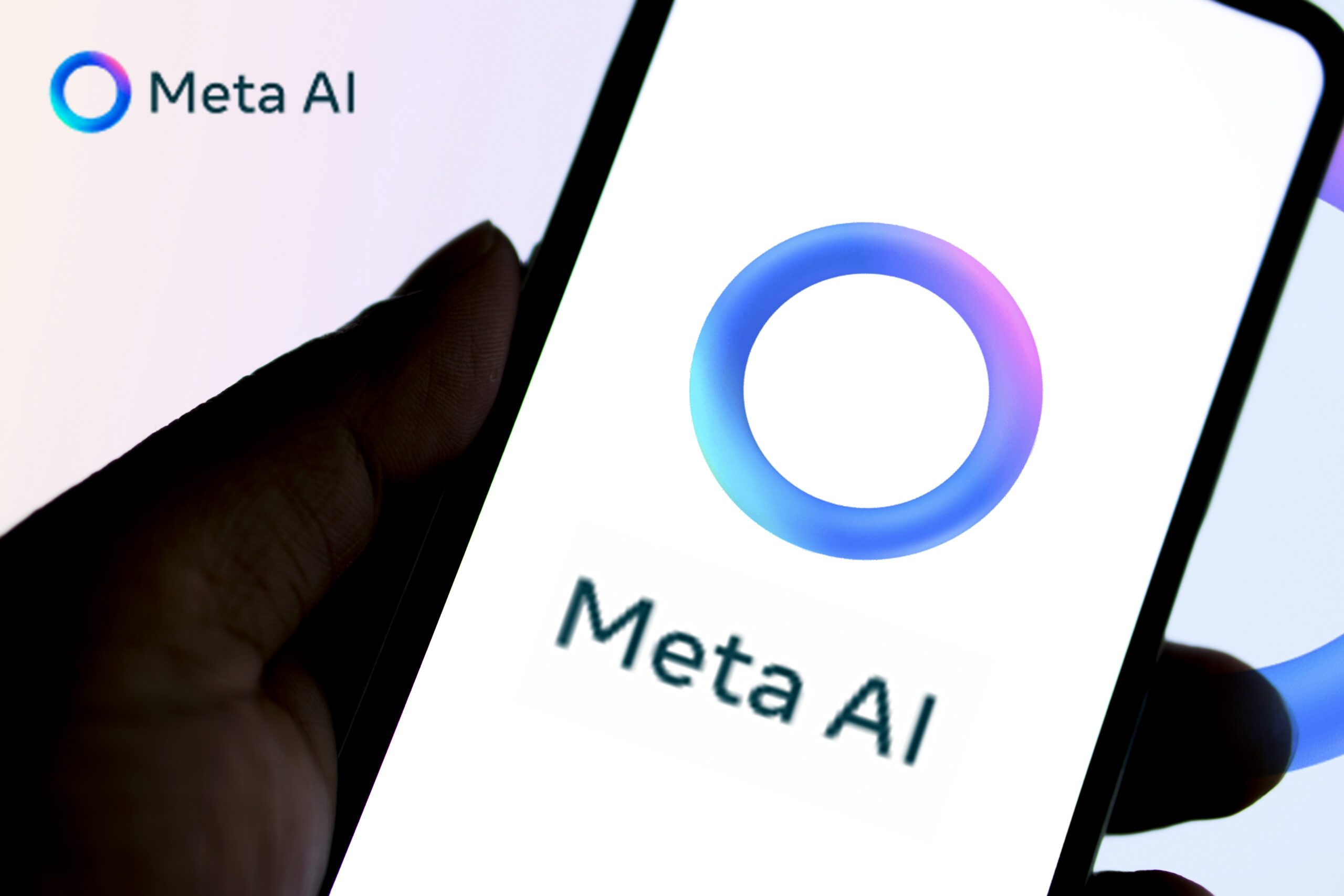Generative AI copyright issues are at the forefront of a major legal battle as Meta, Facebook’s parent company, faces a lawsuit from French publishers and authors. These content creators claim Meta used their copyrighted works without permission or compensation to train AI models. This case highlights tensions between AI developers and content creators, raising complex legal and ethical questions about using protected materials in AI development. Understanding this lawsuit provides insight into the future of AI governance and copyright enforcement in the digital age.
The Rise of Generative AI and the Copyright Clash

The AI Revolution and Its Challenges
The rapid advancement of generative AI has ushered in a new era of technological innovation. These powerful systems can create text, images, and even code with remarkable proficiency. However, this progress has sparked a contentious debate over intellectual property rights. As AI models become more sophisticated, they require vast amounts of data for training—often including copyrighted materials.
The Legal Gray Area of Generative AI Copyright Issues
The use of copyrighted content in AI training datasets occupies a complex legal territory. While some argue that it falls under “fair use,” others contend that it constitutes unauthorized exploitation of creative works. This ambiguity has led to a surge in lawsuits against tech giants, with content creators seeking protection and compensation for their intellectual property.
Balancing Innovation and Generative AI Copyright Issues
The clash between AI developers and copyright holders highlights a crucial challenge: how to foster technological progress while safeguarding creative rights. Policymakers and courts face the daunting task of striking this delicate balance. As regulations like the EU’s AI Act take shape, the outcome of cases like the French publishers’ lawsuit against Meta could set important precedents for the future of AI governance and copyright law.
French Publishers Take on Meta: The Generative AI Copyright Lawsuit Explained
The Legal Challenge
French literary organizations have launched a significant lawsuit against Meta, accusing the tech giant of unauthorized use of copyrighted works in its AI training. The National Publishing Union (SNE) and the National Union of Authors and Composers (SNAC) are spearheading this legal action, alleging that Meta has engaged in intellectual property theft on a massive scale.
Key Allegations and Demands in the Generative AI Copyright Lawsuit
The plaintiffs argue that Meta has extracted protected literary content without permission, violating copyright laws and authors’ rights. They’re seeking two primary outcomes:
The removal of their works from Meta’s AI training datasets
Fair compensation for the unauthorized use of their intellectual property
This case highlights the growing tension between AI developers’ need for vast amounts of training data and content creators’ rights to control and profit from their work.
Broader Implications of Generative AI Copyright Issues
The lawsuit against Meta is part of a wider trend of legal challenges facing tech companies that use copyrighted materials to enhance AI capabilities. As Europe tightens regulations on generative AI under the EU’s AI Act, this case could set a precedent for how courts and policymakers balance innovation with the protection of creative rights. The outcome may shape future AI governance and copyright enforcement practices globally.
Protecting Creative Rights in the AI Era
In the rapidly evolving landscape of artificial intelligence, the protection of creative rights has become a pressing concern. As AI models like those developed by Meta increasingly rely on vast amounts of data for training, the line between innovation and infringement grows blurrier.
The Clash of Innovation and Intellectual Property
The lawsuit filed by French publishers against Meta highlights a fundamental tension in the AI industry. While companies strive to create more sophisticated AI models, they often do so by utilizing copyrighted works without explicit permission. This practice raises critical questions about the fair use of intellectual property in the digital age.
Balancing Progress and Protection
As courts and policymakers grapple with these issues, finding a balance between fostering technological advancement and safeguarding creators’ rights is crucial. The outcome of cases like the one against Meta could set important precedents for how AI companies approach data collection and usage in the future.
The Path Forward
To address these challenges, several approaches are being considered:
Implementing robust consent mechanisms for data usage
Developing fair compensation models for content creators
Establishing clear guidelines for AI training data selection
By proactively addressing these concerns, the AI industry can work towards a future where innovation and creative rights coexist harmoniously, ensuring a thriving ecosystem for both technology and content creation.
The Broader Implications: Global Trends in AI Copyright Battles
Rising Legal Challenges Worldwide
The lawsuit against Meta in France is not an isolated incident. Across the globe, we’re witnessing a surge in legal actions targeting tech giants for their use of copyrighted materials in AI training. This trend underscores a growing tension between rapid technological advancement and the protection of intellectual property rights.
Potential Impacts on AI Development
These legal battles could significantly shape the future of AI development. If courts rule in favor of content creators, tech companies may face substantial financial liabilities and be forced to overhaul their data collection practices. This could potentially slow the pace of AI innovation, as developers grapple with more stringent copyright compliance measures.
Balancing Innovation and Rights Protection
The outcomes of these lawsuits will likely influence how policymakers approach AI regulation. There’s a pressing need to strike a balance between fostering technological progress and safeguarding creators’ rights. This may lead to the development of new licensing models or compensation frameworks for using copyrighted works in AI training.
Implications for Content Creators
For authors, artists, and other content creators, these legal challenges represent a critical juncture. A favorable ruling could establish precedents for fair compensation and greater control over how their works are used in AI development. Conversely, if tech companies prevail, it could redefine the boundaries of fair use in the digital age.
Navigating the Future of AI and Intellectual Property
As artificial intelligence continues to evolve at a breakneck pace, the intersection of AI and intellectual property rights is becoming increasingly complex. The lawsuit against Meta by French publishers highlights the urgent need for clear guidelines and ethical practices in this rapidly changing landscape.
Balancing Innovation and Generative AI Copyright Issues
The challenge lies in fostering AI advancement while safeguarding creators’ rights. Companies developing AI models must tread carefully, ensuring their training data doesn’t infringe on copyrighted works. This delicate balance requires transparency in AI development processes and proactive engagement with content creators.
Potential Implications for AI Governance
The outcome of this lawsuit could set a precedent for how AI companies handle copyrighted material globally. It may lead to stricter regulations on data collection and usage, potentially slowing AI development but enhancing protection for intellectual property owners. Future AI governance frameworks may need to address:
Fair compensation models for content used in AI training
Clear consent mechanisms for data usage
Auditing processes for AI training datasets
Collaborative Solutions for the Future
Moving forward, collaboration between tech companies, content creators, and policymakers will be crucial. By working together, stakeholders can develop innovative solutions that respect intellectual property rights while allowing AI to flourish. This might include creating specialized licensing agreements or establishing AI-specific copyright exemptions under certain conditions.
Bringing It All Together
As you navigate the evolving landscape of AI and copyright law, it’s crucial to stay informed about these legal challenges. The outcome of this case against Meta could have far-reaching implications for how AI companies operate and how creative works are protected in the digital age. You should closely monitor developments in this area, as they may impact your rights as a content creator or consumer. Remember that the balance between technological innovation and intellectual property protection remains delicate, and your awareness and engagement with these issues can help shape a fair and sustainable future for both AI development and creative industries.
More Stories
OpenAI Cracks Down on State Sponsored Abuse of ChatGPT
OpenAI has taken a decisive step to thwart state-sponsored exploitation of its ChatGPT technology. As detailed in a comprehensive threat intelligence report, OpenAI has disabled numerous accounts implicated in cyber operations orchestrated by state actors from countries including Russia, China, and North Korea.
Record‑Breaking Rupiah Loan Powers AI‑Ready Batam Data Hub
They secured a historic record-breaking Rupiah 6.7 trillion loan from financial giants DBS and UOB. This monumental financing supports an AI-ready data center campus at Batam’s Nongsa Digital Park.
Threads Unveils Native DM Test to Break Instagram Dependency
By unveiling a native DM (direct messaging) feature, Threads aims to sever its dependency on Instagram for private communications, a shift poised to redefine how users interact within the platform.
Google Closes Loophole That Let Hackers Bruteforce Your Hidden Phone Number
Recently, Google took decisive action to close a significant vulnerability that could potentially expose users’ hidden phone numbers to malicious actors.
Instagram Edits Brings In-App Teleprompter to Boost Creator Confidence
Introducing the in-app teleprompter within Instagram Edits, a tool designed to bolster your on-camera confidence and enhance viewer engagement.
Minimal-Data Optimization for Search Agent Training in RAG Systems
In the fast-changing world of RAG systems, training search agents with minimal-data optimization is a key challenge.


